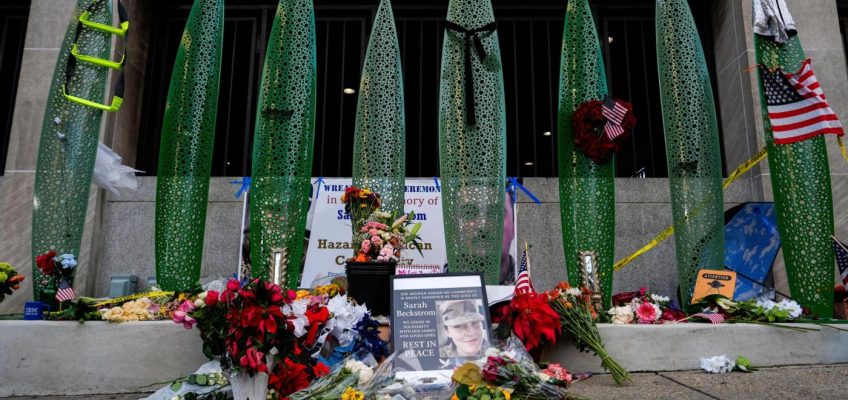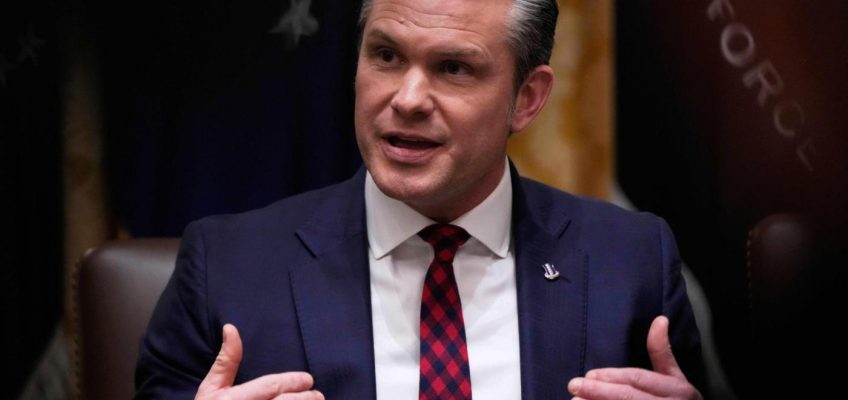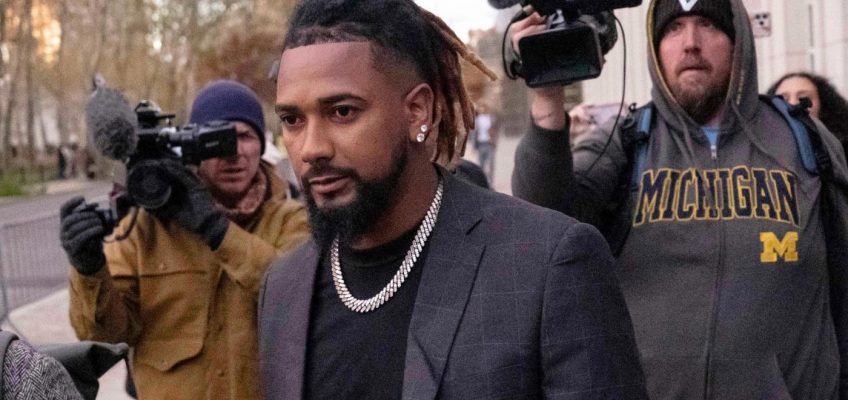By MICHAEL KUNZELMAN, Associated Press
WASHINGTON (AP) — A man accused of shooting two National Guard troops near the White House pleaded not guilty on Tuesday to first-degree murder and assault charges.
Rahmanullah Lakanwal, a 29-year-old Afghan national who was also shot, made his initial court appearance by video from a hospital bed.
Related Articles
Cleveland Guardians pitchers Emmanuel Clase and Luis Ortiz face May trial date in gambling case
New ICE operation is said to target Somali migrants in Twin Cities
Costco joins companies suing for refunds if Trump’s tariffs fall
AI may be scoring your college essay. Welcome to the new era of admissions
Michael and Susan Dell donate $6.25 billion to encourage families to claim ‘Trump Accounts’
His attorney entered a not guilty plea on his behalf on the charges stemming from the Nov. 26 shooting that killed Specialist Sarah Beckstrom, 20, and wounded Staff Sgt. Andrew Wolfe, 24.
Beckstrom and Wolfe were deployed with the West Virginia National Guard for Trump’s law-enforcement surge in the nation’s capital, which has flooded the city with federal agents and troops since August.
U.S. Attorney Jeanine Pirro’s office in Washington, D.C., charged him with murder and two counts of assault with intent to kill while armed.
Authorities were investigating a possible motive for what they described as an ambush-style attack.




